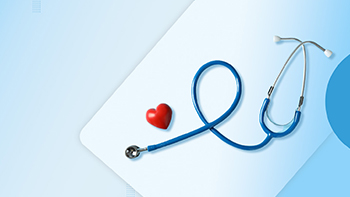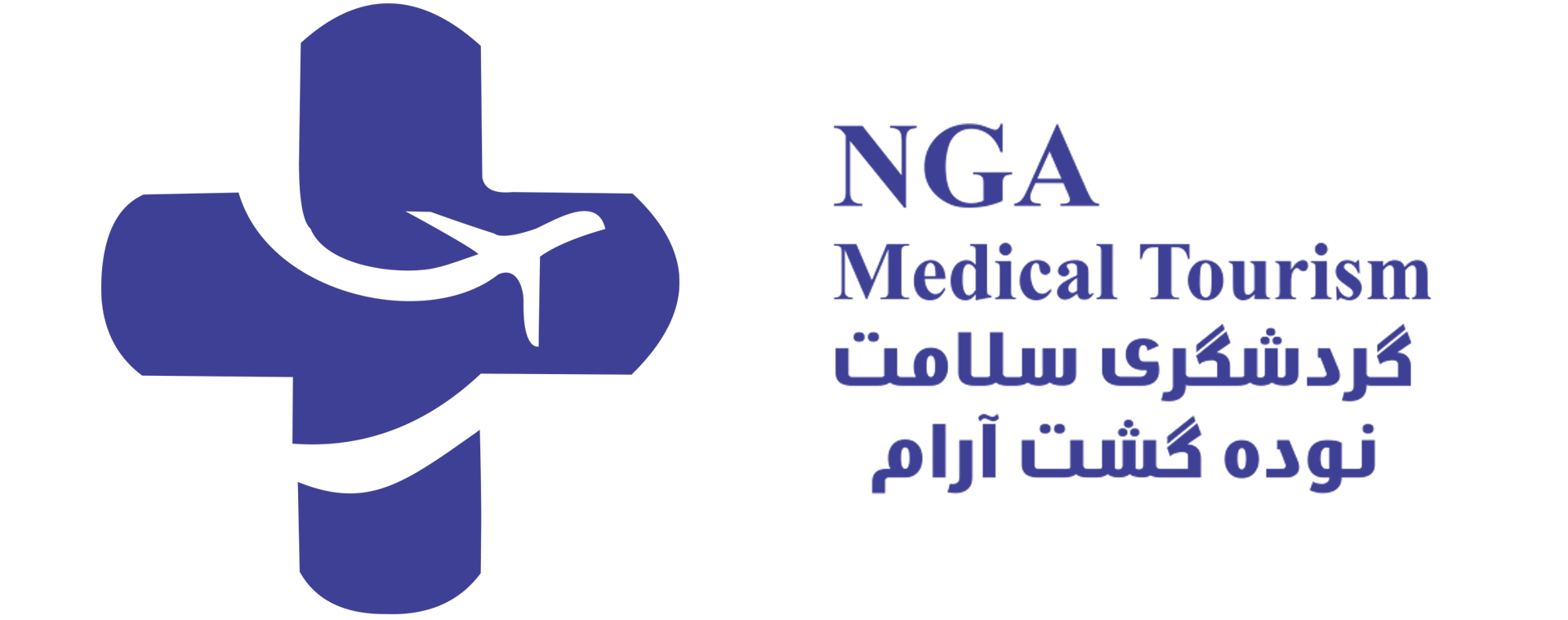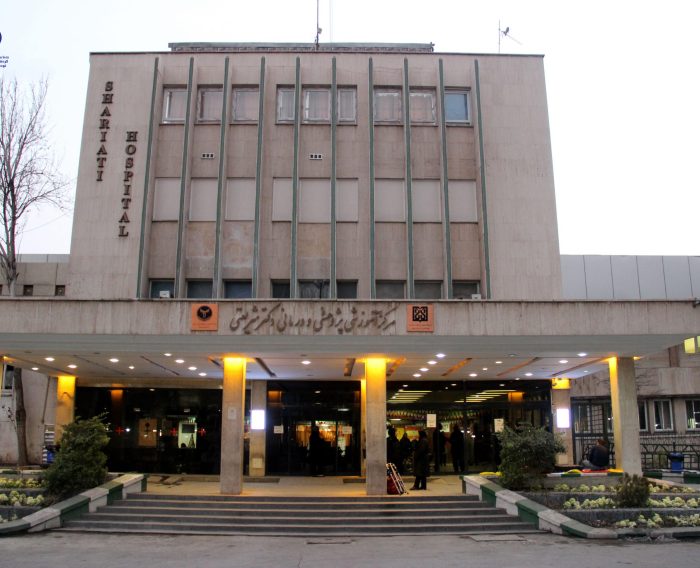Iran has a number of well-established cardiology hospitals that offer a range of specialized services for patients with heart conditions. Some of the most prominent cardiology in Iran include:
1. Tehran Heart Center: This is one of the largest and most advanced cardiology hospitals in Iran. It has state-of-the-art facilities and a team of highly skilled cardiologists who specialize in various areas of cardiology.
2. Shaheed Rajaee Heart Hospital: This hospital is located in Tehran and is known for its expertise in treating complex heart conditions. It has a team of experienced cardiologists and uses the latest technology to provide the best possible care for its patients.
3. Masih Daneshvari Hospital: This hospital is located in Tehran and specializes in the treatment of pulmonary and cardiovascular diseases. It has a team of experts in the field of cardiology and uses advanced technology to diagnose and treat heart conditions.
4. Tabriz University of Medical Sciences Cardiology Hospital: This hospital is located in the city of Tabriz and is a leading center for the diagnosis and treatment of heart disease. It has a team of skilled cardiologists and offers a wide range of specialized services.
5. Fars Heart Center: Located in Shiraz, Fars Heart Center is a specialized hospital that provides a range of cardiology services, including diagnosis, treatment, and rehabilitation. It has a team of experienced cardiologists and uses advanced technology to provide the best possible care for its patients.
These are just a few of the many cardiology hospitals in Iran that offer specialized care for patients with heart conditions. Patients seeking treatment for heart disease in Iran can expect to receive high-quality care from skilled professionals using the latest technology and techniques.
The best doctors for cardiology in Iran
Cardiac Surgeries

Angiography
Angiography is a medical imaging technique used to visualize the blood vessels in the body, particularly the arteries and veins.Angiography is a medical imaging technique used to visualize the blood vessels in the body, particularly the arteries and veins….

Angioplasty
Angioplasty is a medical procedure used to treat narrowed or blocked blood vessels, typically arteries, and restore blood flow to the affected area. It is often performed as a follow-up to an angiography procedure when a blockage or narrowing is detected.

Heart Bypass Surgery
Heart bypass surgery, also known as coronary artery bypass graft (CABG) surgery, is a surgical procedure performed to improve blood flow to the heart muscle when the coronary arteries are severely blocked or narrowed. It is typically …

Heart Valve Replacement Surgery
Heart valve replacement surgery is a surgical procedure performed to replace a damaged or diseased heart valve with an artificial valve or a biological tissue valve. The heart valves, including the aortic valve, mitral …

Heart Transplant Surgery
Heart transplant surgery, also known as cardiac transplantation, is a surgical procedure in which a diseased or failing heart is replaced with a healthy heart from a deceased donor. It is typically performed on patients with end-stage heart failure or …

Aortic Aneurysm Surgery
Aortic aneurysm surgery is a procedure performed to repair or treat an aortic aneurysm, which is an abnormal bulging or dilation of the aorta, the largest artery in the body. Aortic aneurysms can occur in different sections of the aorta, such as …

Heart Pacemaker Surgery
Heart pacemaker surgery, also known as pacemaker implantation, is a procedure performed to treat abnormal heart rhythms or electrical conduction disorders. A pacemaker is a small electronic device that helps regulate the heart’s electrical activity…

Open Heart Surgery
Open heart surgery, also known as cardiac surgery, is a surgical procedure performed on the heart with the chest cavity opened. It involves accessing the heart directly to treat various conditions or perform corrective procedures.

Echo
An echocardiogram, commonly referred to as an echo, is a non-invasive diagnostic test that uses sound waves to create images of the heart. It provides valuable information about the structure and function of the heart, including its chambers, valves, and blood flow patterns.
Conclusion
Cardiology in Iran | Cardiology Hospital in Iran
Cardiology in Iran has made significant progress in recent years, with the establishment of specialized centers and hospitals for the diagnosis and treatment of heart diseases. Iranian cardiologists and heart surgeons have been trained in top medical schools and are skilled in the latest techniques and technologies. Additionally, Iran has made considerable investments in cardiovascular research, resulting in numerous scientific publications and clinical trials. Despite economic sanctions and other challenges, the country has made strides in the prevention and treatment of cardiovascular diseases, with a growing emphasis on early detection and intervention. Overall, cardiology in Iran is a promising field with a commitment to advancing cardiovascular health for its population.
Some of the best heart surgeons in Iran
- Dr. Ali Malekzadeh: He is one of the prominent cardiac and vascular surgeons in Iran, serving at Tehran University of Medical Sciences Hospital.
- Dr. Alikaram Ghasemi: He is also a prominent cardiac surgeon in Iran, serving at Tehran University of Medical Sciences Hospital and Shohada Rajaei Hospital in Tehran.
- Dr. Alireza Abdollahi: He is one of the well-known cardiac and vascular surgeons in Iran, serving at Tehran University of Medical Sciences Hospital and Milad Hospital in Tehran.
- Dr. Hamidreza Nilforoushan: He is also a distinguished cardiac surgeon in Iran, practicing at Tehran University of Medical Sciences Hospital.
Related Posts:
- Orthopedic Hospitals in Iran
- Cost of Dental Laminate in Iran by details
- Liposuction in Iran at HIGH quality hospital
- Liposuction surgery at high quality international hospital…
cost of cardiology surgery in Iran
Heart Surgery | USA | Costa Rica | Colombia | Jordan | S.Korea | Mexico | Israel | Thailland | Malaysia | Poland | Singapore | Turkey | Iran |
|---|---|---|---|---|---|---|---|---|---|---|---|---|---|
Heart Bypass | $123,000 | $27,000 | $14,800 | $14,400 | $26,000 | $27,000 | $28,000 | $15,000 | $12,100 | $14,000 | $17,200 | $13,900 | $7,000 |
Angioplasty | $28,200 | $13,800 | $7,100 | $5,000 | $17,700 | $10,400 | $7,500 | $4,200 | $8,000 | $5,300 | $13,400 | $4,800 | $2,200 |
Heart valve Replacement | $170,000 | $30,000 | $10,450 | $14,00 | $39,900 | $28,200 | $28,500 | $17,200 | $13,500 | $19,000 | $16,900 | $17,200 | $7,000 |
CVD was the first leading cause of mortality and a million disability adjusted life years (DALYs) led to 46% of all deaths and 20%-23% of the burden of disease in Iran. Ischemic heart disease and stroke are considered the first and second cause of death and DALYs in Iran, respectively.
Cardiology is a lucrative course studied at postgraduate level. Individuals can study MD (Doctor of Medicine) in cardiology or MS (Master of Surgery) in cardiology or more specifically in cardiothoracic surgery. There is no specific undergraduate course for cardiology but one should complete their 5.5 years of M.B.B.S.
Iran’s primary healthcare system has been rated as “excellent” by UNICEF. The Ministry of Health and Medical Education (MOHME) operates public hospitals, both general and specialty hospitals, throughout Iran. Public hospitals are typically under the direct management of universities.
Iran’s primary healthcare system has been rated as “excellent” by UNICEF. The Ministry of Health and Medical Education (MOHME) operates public hospitals, both general and specialty hospitals, throughout Iran. Public hospitals are typically under the direct management of universities.
Iran has a really well educated and experienced medical staff. Medical specialists are highly professional and supported by a qualified nursing system. Iran also has a really active team of medical researchers.
Low-Cost Treatment
One of the main reasons for traveling to Iran to receive medical services is the low medical expenses here. In the past, people from developing countries traveled to developed countries to get better health services. Nowadays, therapeutic travel has reached a new concept.
There are three main types of cardiology: invasive, noninvasive, and interventional. Your cardiologist may rely on one or a combination of techniques to correctly diagnose and properly treat your heart problem to the best of their ability.
What a Cardiologist Does. You probably refer to these highly trained physicians as a “heart doctor,” and you would be correct. A cardiologist is skilled in diagnosing and treating any type of heart disease as well as cardiovascular conditions.
The term “heart disease” refers to several types of heart conditions. The most common type of heart disease in the United States is coronary artery disease (CAD), which affects the blood flow to the heart.
Cardiac surgeons are not cardiologists, or doctors who specialize in diagnosing and treating heart disease. Cardiologists typically refer people to a cardiac surgeon when the need arises, because most cardiologists do not perform heart surgeries themselves.
Cardiology is a lucrative course studied at postgraduate level. Individuals can study MD (Doctor of Medicine) in cardiology or MS (Master of Surgery) in cardiology or more specifically in cardiothoracic surgery. There is no specific undergraduate course for cardiology but one should complete their 5.5 years of M.B.B.S.
Clinical cardiologists: Clinical cardiologists can diagnose, confirm and manage heart disease. This is the specialist you need if you develop symptoms such as angina or an abnormal heart rhythm or have a heart attack. A clinical cardiologist will coordinate your care with other physicians and surgeons, if necessary.
The personality traits of the cardiologist include devotion to patients’ needs, ability to deal with stress, thoroughness in attention to detail, dependability, honesty, and ethical behavior in all situations. Cardiologists need a nurturing personality. The needs of the patient must always come before their own needs.
Cardiovascular Technology Eligibility Criteria
Cardiovascular technology is 10+ 2 education in science stream (Physics, Chemistry, and Biology) or it’s equivalent from a recognized board. A minimum aggregate score of 50% at the 10 +2 examinations.
- Parsian Hospital.
- Pars Hospital.
- MOM Fertility Center World Class Fertility Care.
- Hazrat e Maryam Fertility Center.
- Gandhi Hotel Hospital.
- Erfan Niayesh Hospital.
- Erfan Hospital.
- Bahman Hospital.
Iran spends about 7% of its GDP each year on health services and has an estimated 954 hospitals, 3,700 clinics and 6,400 rehabilitation centers. About 60% of Iran’s hospitals are state controlled with the remainder run by private companies or non-governmental organizations, including charities.














